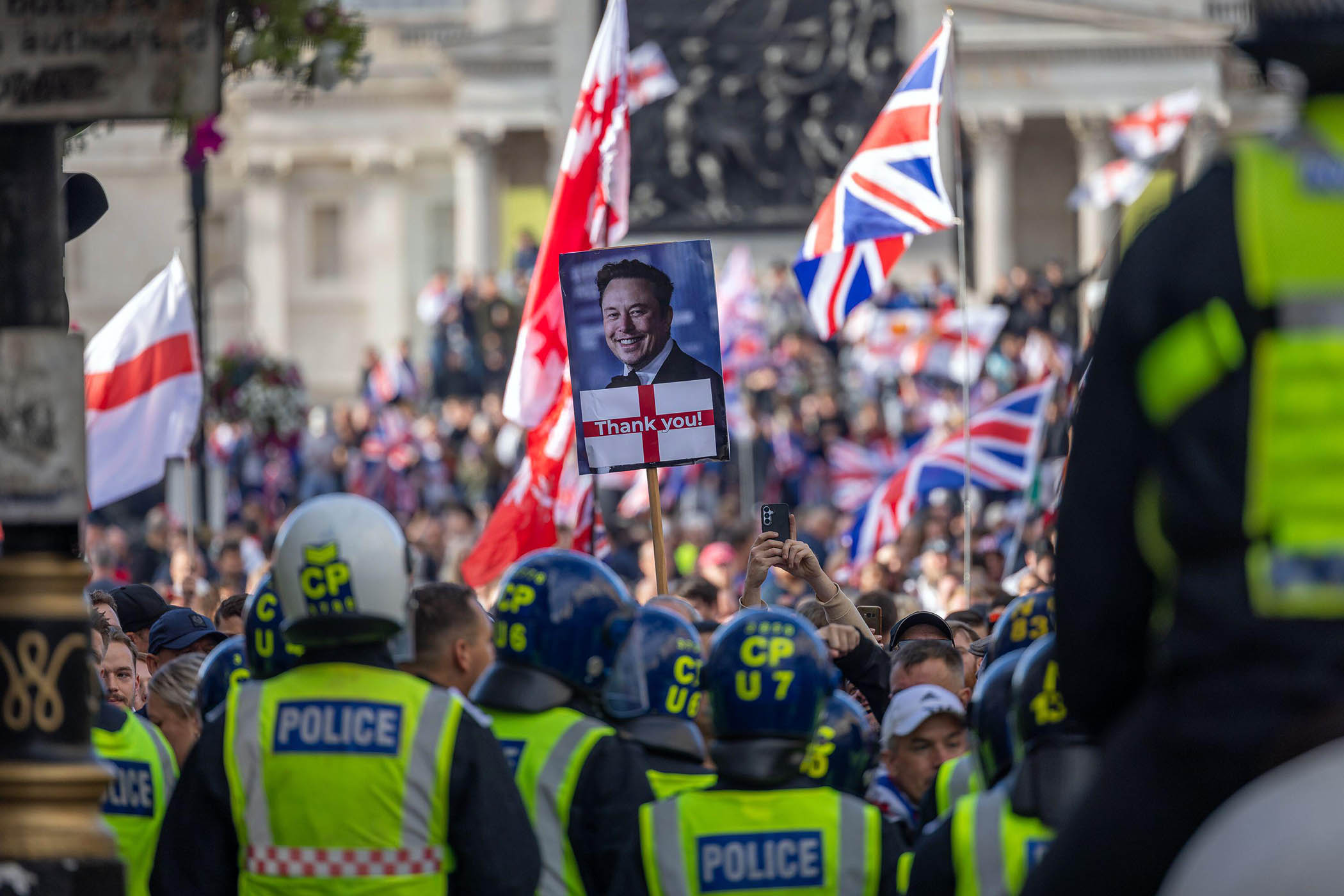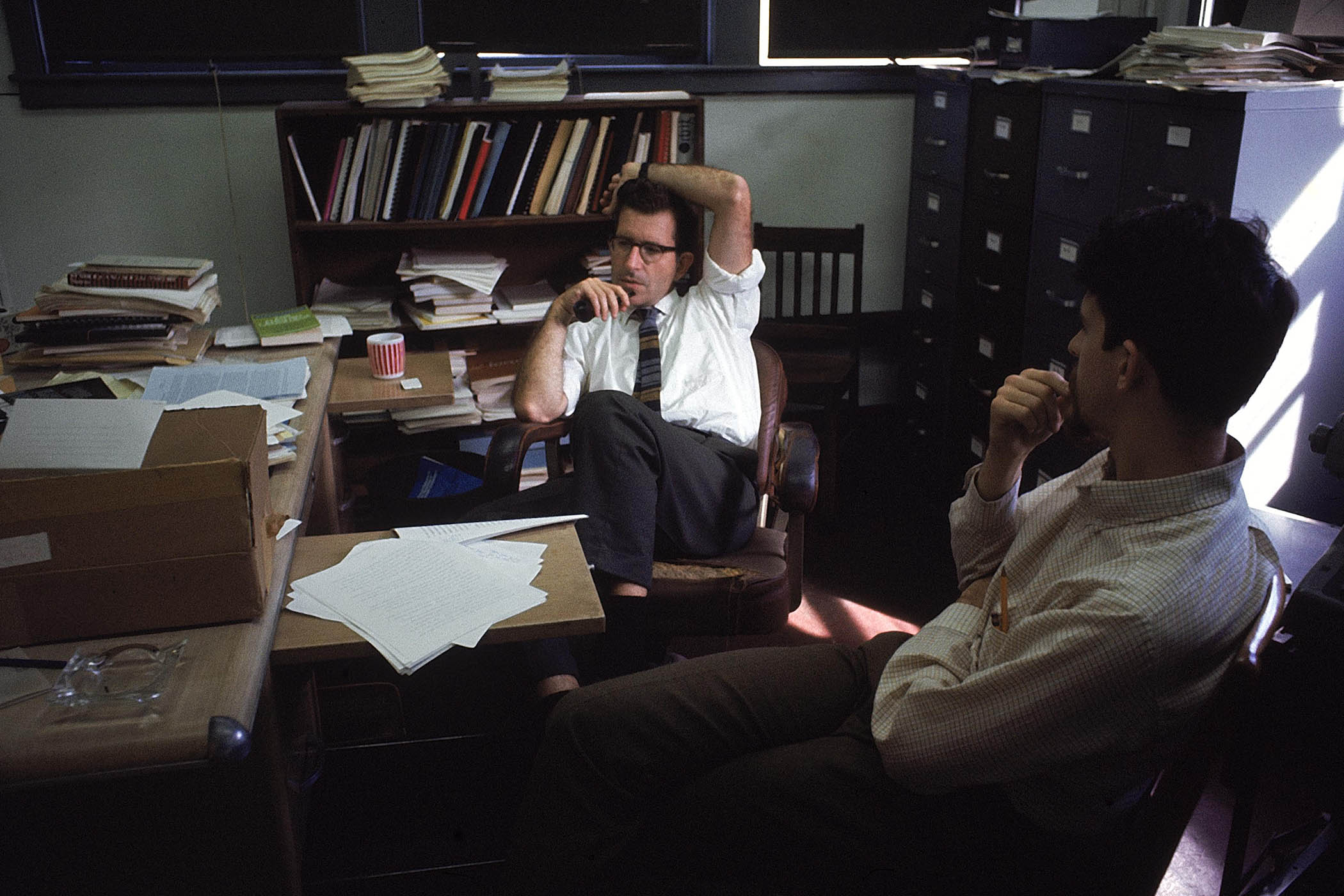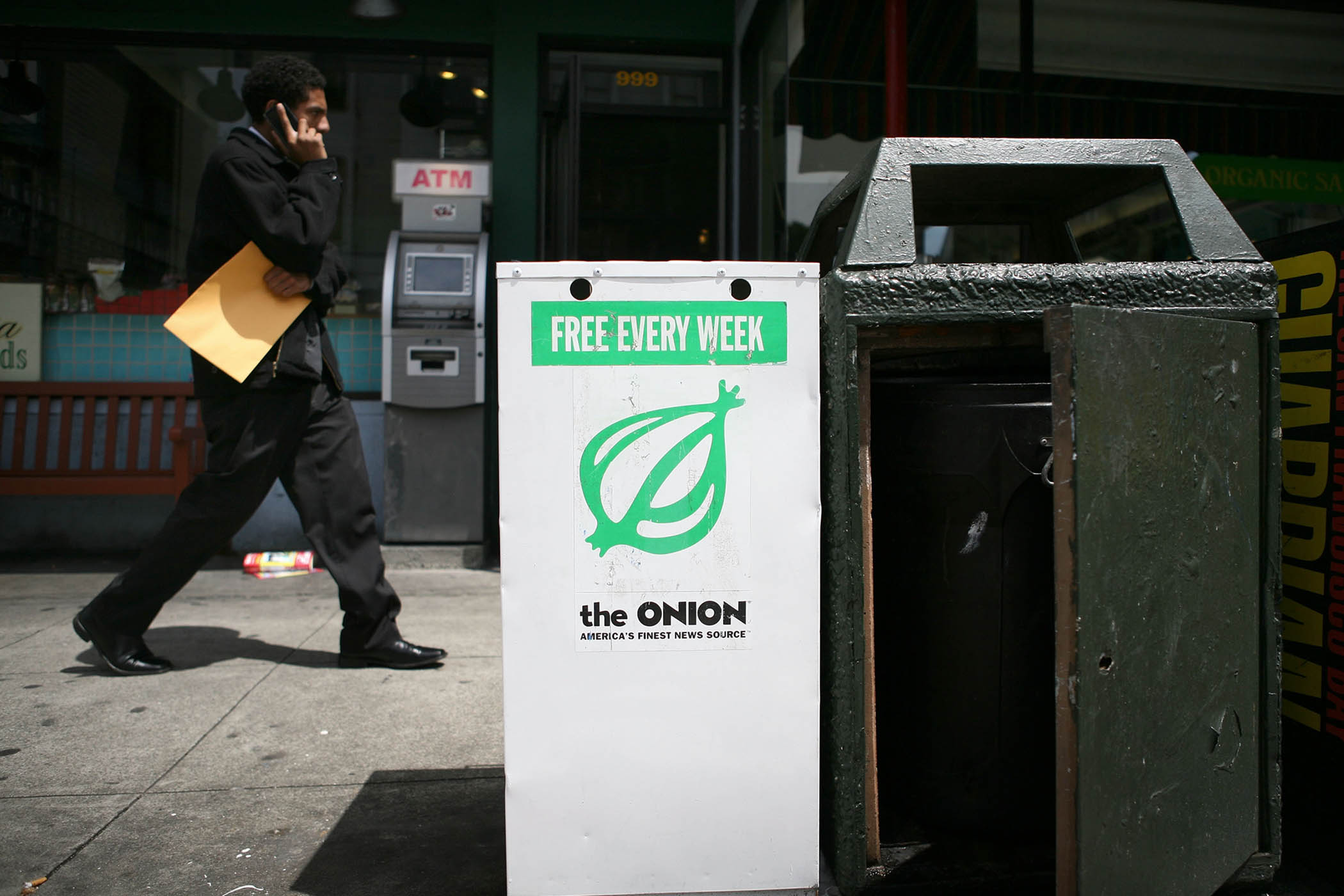This week, Elon Musk called for violent uprising led by the far-right in Britain, declaring: “It is time for the English to ally with the hard men, like Tommy Robinson, and fight for their survival or they shall surely all die.” His post had 2m views within an hour.
It was not the first time Musk has sought to stir division in Britain. At the height of tensions during the 2024 riots he announced to his 200 million X followers: “Civil war is inevitable.” Addressing the protest organised by far-right activist Robinson in September, Musk again used inflammatory language: “Whether you choose violence or not, violence is coming to you. You either fight back or you die, that’s the truth.”
The owner of the social media platform X has taken a constantly antagonistic stance towards UK government since Labour took power in July 2024. Even before then, Musk’s purchase of X had steered it in an increasingly toxic direction. Getting rid of verification, tampering with the algorithm, and allowing people to pay for visibility. Further, monetisation – paying users for engagement with their posts – has further encouraged clickbait and content that drives outrage, anger and fear as a way of maximising traffic.
While it was never perfect, X has become a pay-for-play playground for conspiracy theorists, racists, grifters and anyone else willing to buy a blue tick or boosted by Musk’s algorithms because their message aligns with his dystopian worldview. Most of all, buying X gave Musk a huge foghorn that enables him to insert himself as the main character in any political conflict he chooses.
Events of the past year have shown not only how the platform can be used to incite, spread hatred and mobilise disorder, but also that the leadership of the company has no interest in tackling those problems. Moderation consistently fails to address hate speech of various forms. A report released earlier this week by a cross-party group of MPs suggested that X and other platforms are failing in their legal duty to remove threats of violence and abuse.
This is an information ecosystem that is enabling the pollution of our information environment. It is distorting our perception of the world around us. Surprisingly, many people who remain on the platform seem unbothered by this. They used to say ‘Twitter isn’t Britain” because it tended to be a talking shop for the liberal left. There was some truth to that. But today the platform is owned by a foreign actor who is aligned with the far right. One might think this would help Reform, but Musk is not a reliable ally. Earlier this year he called for Nigel Farage to be replaced as the party’s leader, seemingly for being too moderate.
Ever since the 2024 riots, it appears that Musk presents a danger to public order and national security in the UK. Think what might happen on X if another bout of disorder breaks out, or if a major crisis hits the UK. The government will be reliant on getting its message out on a platform that is untrustworthy and actively opposed to UK interests. Musk can at any moment play with the algorithm or promote divisive content.
There is a compelling argument that government should at the very least be platform-neutral. Musk has made clear that nobody should be relying on X for anything. By continuing to use it, the government encourages others to stay as well – it remains one of the primary social media channels for official announcements. Because government is there, other people are there. If government showed leadership and left, many others would follow.
Related articles:
Our social media landscape is fragmented anyway. The majority of people don’t use X – younger and older generations tend to use different platforms. We would be better off ridding public life of this swamp.
Staying on X when it has become so toxic and ungovernable suggests either weakness or complete naivety. We are living in a world of many malevolent geopolitical actors. The blindness of western states and societies to the dangers of disinformation, polarisation and extremism makes us extremely vulnerable.
Newsletters
Choose the newsletters you want to receive
View more
For information about how The Observer protects your data, read our Privacy Policy
Musk’s X is one such actor. British government should not hesitate in weaning itself off the platform.
Will Jennings is professor of political science and public policy at the University of Southampton; he can be found on Bluesky @drjennings.bsky.social
Photograph by Abdullah Bailey/Alamy


